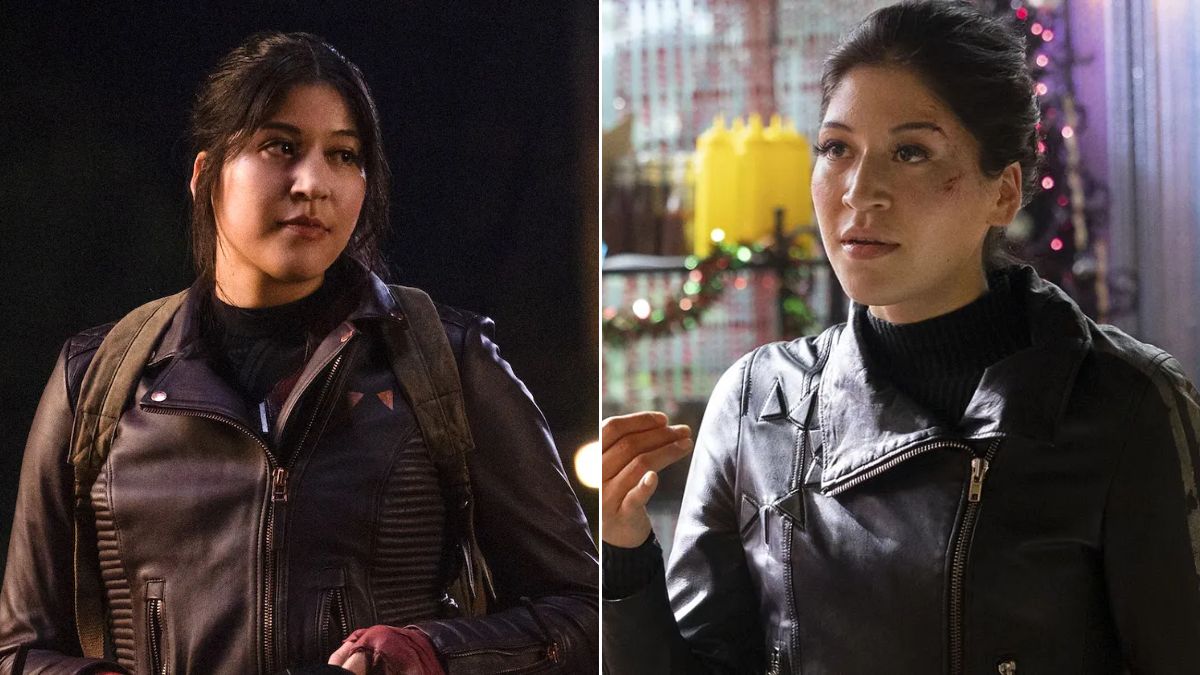Is Echo, the latest addition to the Marvel Cinematic Universe, a hit or a miss? As a dedicated Marvel fan and a discerning TV critic, the verdict is far from clear after the show’s debut on Disney+ this week. In this exploration, we delve into the highs and lows of Echo, navigating the complexities of its storytelling, representation, and connection to the broader MCU.
Marvel’s Spotlight on Echo
Marvel, in its perpetual expansion, introduces Echo with a unique label – a “Marvel Spotlight” series. The show attempts to carve its niche with understated performances and a commendable portrayal of Choctow culture. However, beneath this facade lies a narrative labyrinth and peculiar dialogue that leave viewers grappling for coherence.
Marvel Fan’s Dilemma
Caught between the thrill of Charlie Cox’s Daredevil cameo and a growing disillusionment with the MCU’s convoluted narrative, Echo sparks conflicting emotions. As the MCU juggles between spotlighting individual stories and weaving them into a colossal tapestry, Echo teeters on the edge of being overshadowed.
Marvel’s Dichotomy
Marvel acknowledges the risk of Echo being a mere pit stop in the expansive MCU. Labeled a “Marvel Spotlight,” it grapples with the challenge of standing out in an overcrowded universe. The question arises – does Echo justify its presence amidst the plethora of Marvel content?
MCU’s Double-Edged Sword
Echo becomes a microcosm of the MCU’s contemporary dilemma – creating content that simultaneously serves as a stepping stone for future narratives. The show’s designation as a prelude to Daredevil: Born Again hints at Marvel’s strategic approach. While hits like Guardians of the Galaxy Vol. 3 keep the momentum, the cracks in the system become apparent.
Symbol of MCU’s Evolution
Reflecting on the evolution of the MCU, Echo marks a departure from the simplicity of Iron Man’s inception 16 years ago. The era of standalone films introducing post-credit teasers has evolved into a complex web of interconnected stories. Echo exemplifies this shift, assuming viewers’ familiarity with characters like Daredevil without offering introductions.
Marvel Fandom Assumptions
Marvel’s assumption that intense fandom can excuse storytelling shortcuts creates a frustrating dynamic for viewers. Echo demands a deep understanding of Marvel lore, making it challenging for both casual viewers and die-hard fans. The show’s reliance on recycled clips from Hawkeye adds to the frustration, leaving storytelling gaps for those not immersed in Marvel minutiae.
In the end, Echo stands as a testament to the intricate dance between Marvel’s need for connectivity and the audience’s hunger for standalone, compelling narratives.
FAQs
Why is Echo labeled a “Marvel Spotlight” series?
Marvel aims to distinguish Echo’s storytelling style within the broader MCU, designating it as a “Marvel Spotlight.”
What creates conflict for Marvel fans watching Echo?
The conflicting emotions arise from the juxtaposition of exciting cameos, like Daredevil’s, and the growing complexity of the MCU narrative.
How does Echo represent the contemporary dilemma of the MCU?
Echo encapsulates the challenge of being a standalone series in a universe where each project serves as a precursor to future narratives.
What marks the evolution of the MCU, as reflected in Echo?
Echo signifies a departure from the simplicity of standalone films, now assuming viewers’ familiarity with characters and narratives.
Why is Echo frustrating for both casual viewers and intense Marvel fans?
The show demands a deep understanding of Marvel lore, assuming intense fandom can excuse storytelling shortcuts, creating frustration for viewers.


